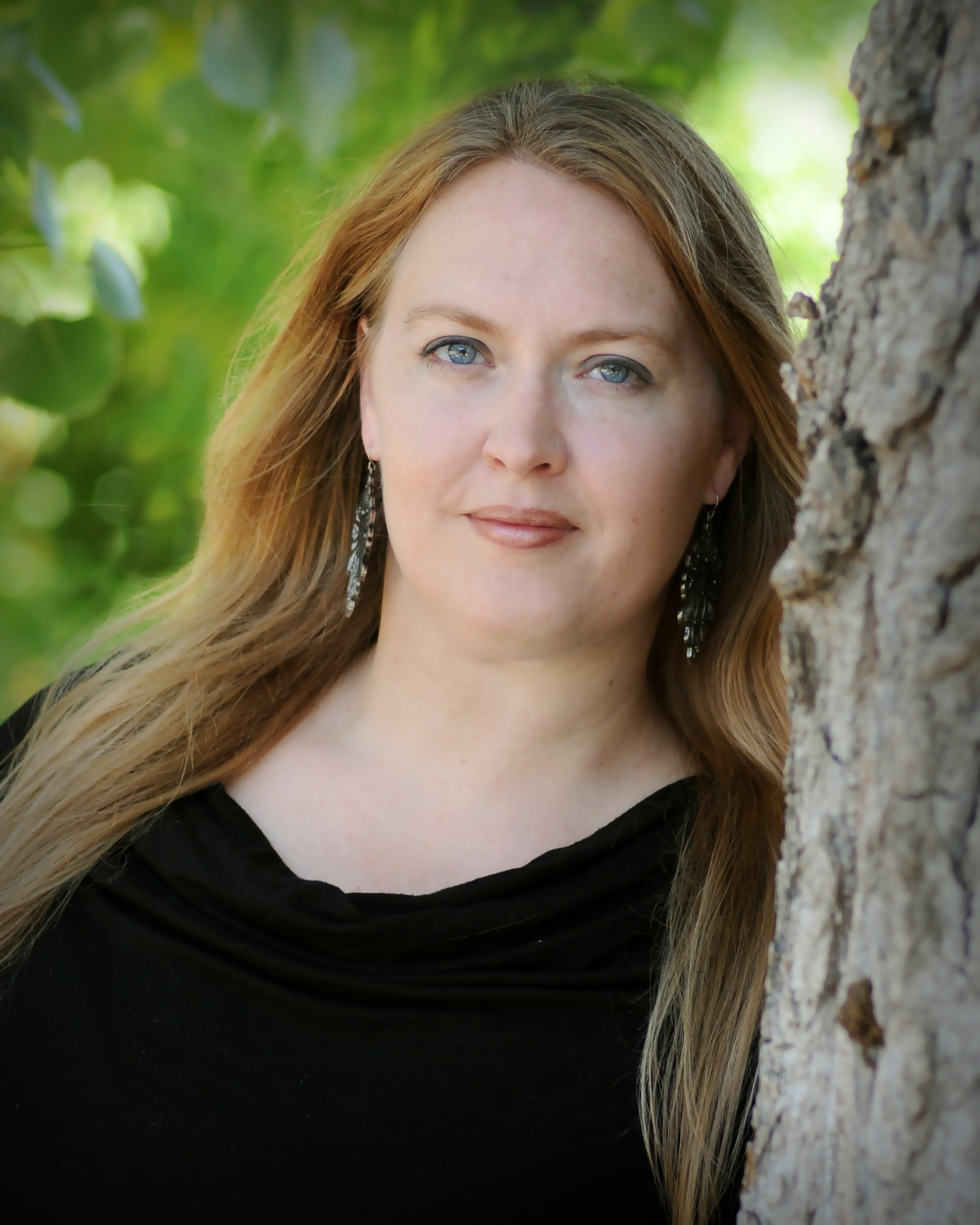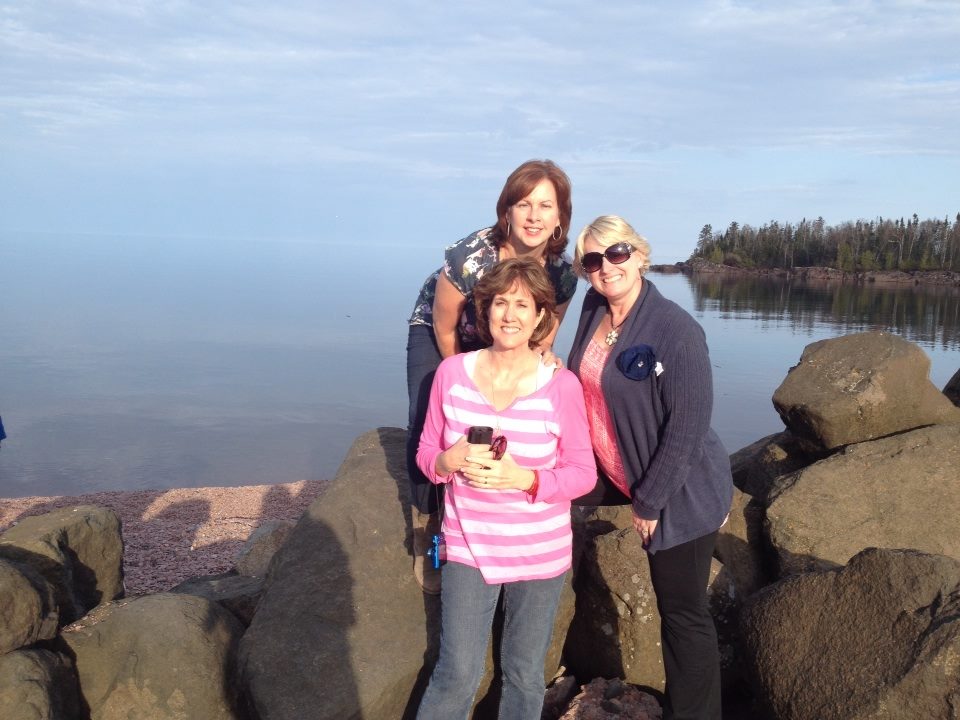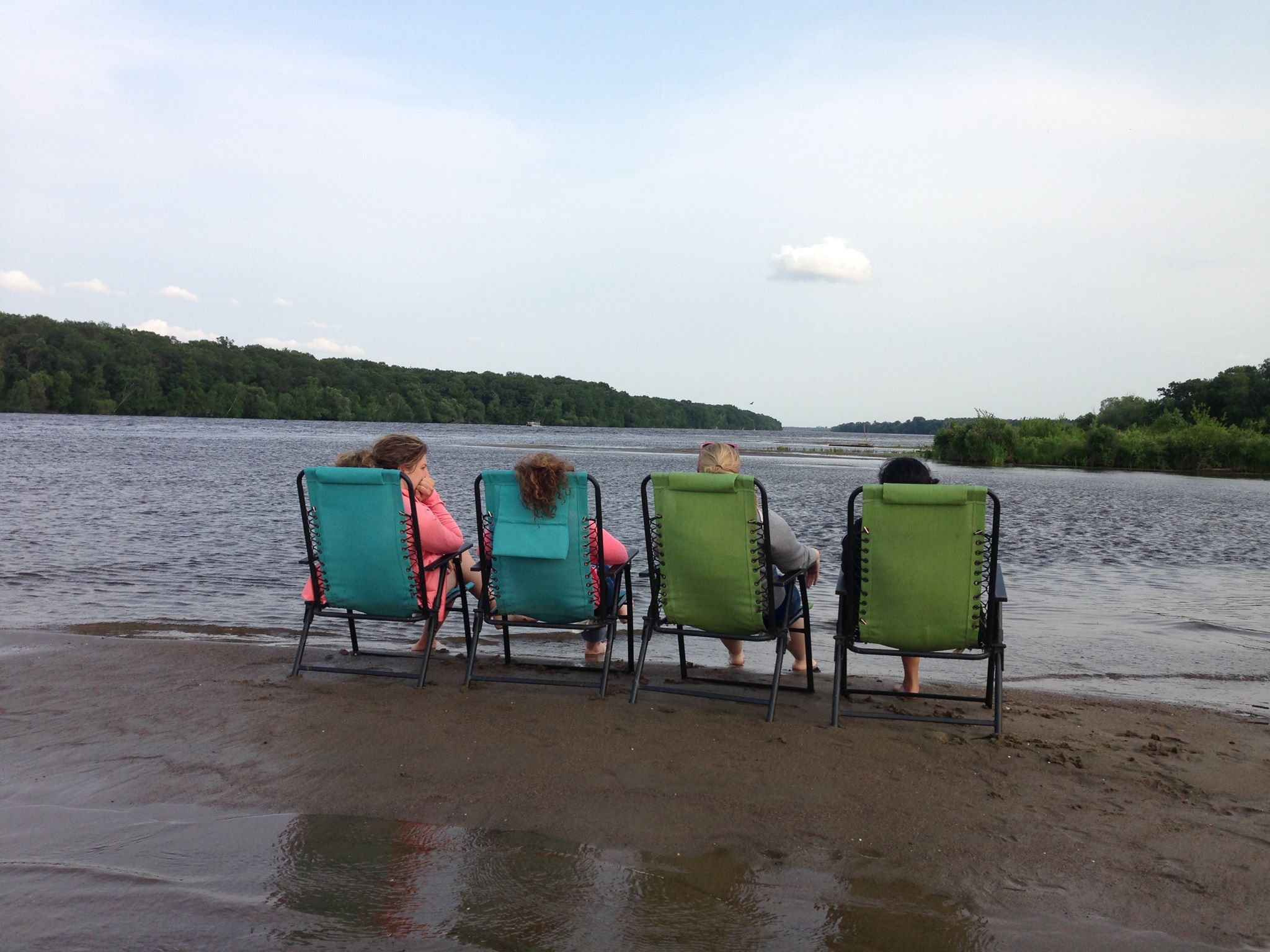by Lisa Jordan, @lisajordan My good friend Jeanne Takenaka, who writes beautiful, encouraging blog posts, and I have been working together for nearly a year, helping each other to strengthen our …
Need New Inspiration? Borrow Someone Else’s Brain
I have been involved in a traditional critique group for a while, which has been enormously beneficial; not only to tighten my writing and hone technique, but to encourage me—especially …
The Next Generation of “Critique” Partnerships.
I’m starting a campaign. Time for a “second wave” critique partnership model. “Rachel, what do you mean? I love my critique partners.” I know! Keeping loving them. Love them well! …
You Don’t Have To Do It Alone – Brainstorming Help!
As writer’s we are constantly learning new things to improve our craft. That being said, brainstorming is one of the harder aspects of the writing journey for me. It’s amazing, I can help other writers with plotting but when it comes to mine, I get stuck. I was astounded (and greatly relieved) to find out I could get help.
Last week I met with my craft buddies and we had a fantastic time brainstorming. Not only did we flesh out our next novel but Gabrielle Meyer was an awesome hostess. She planned the schedule and created the perfect atmosphere of brainstorming and relaxing. For the most part, we worked in the mornings and played in the afternoons. Listen, if I didn’t love where I lived, I would move to Little Falls Minnesota. Thank you Gabrielle!
If you want to brainstorm with a group, here are a few tips.
When Is It Time To Have A Craft Partner Review Your Manuscript?
I’m so thankful for friends like Beth Vogt and Edie Melson who took the time to answer my “newbie writer” questions on craft/critique partners.
Here’s the first question for this segment.
(AAT) Now we’ve got this fast draft and we have a craft partner. We have an established relationship with a craft partner. When is a good time for someone to look at your work-in-progress?
(BKV) When I fast draft I usually like to set it aside for a couple of weeks. I’m usually worn out and it’s good to give distance for a couple of weeks. Then when I get together with my craft partner, I usually let them know what I’m looking for.
As far as I’m concerned there’s two ways to critique a book.
You can be looking for big picture edits. You just want to know; Is this scene working or are you feeling the emotions? Or you can be looking at fine-line edits, where you are really trying to polish a scene. You have to let your critique partner know what you are looking for. There have been times where I’ve gone into a critique group and said, “Your welcome to read this scene. I want you to know I’ve had a rough week, and I really don’t want feedback from you all.” I have been that honest with them, because I couldn’t even handle them telling me a word was misspelled. It was just that bad of a week. I think that in a really good critique group you can be that honest with them. They’ve gone ahead and read it and said, “Loved every word of it Beth.” They just left me alone for that week.
(EM) I like to be able to brainstorm before I start a book and get things laid out. I generally have an idea and it sparks my creativity to do that. When I’m in a midst of a first draft, its not a time I want craft partners chiming in. I have to have a big picture of the whole book before I start listening to other people’s suggestion, even good suggestions. I need to get my arms around it first. I do what Beth does and let it sit for a couple of weeks before I go back in. Yes, there have been times where I’ve said. “Look guys, if you can’t say something nice don’t anything at all.
(AAT) Do you think you should have two partners, one person to help brainstorm your plot and someone else to help with critiquing? What does your process look like?
- Page 1 of 2
- 1
- 2


